The Problem
______________________________________________________________________
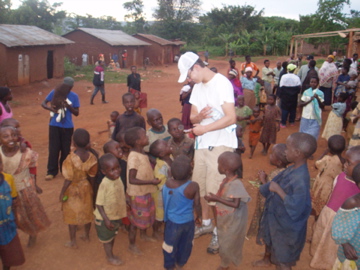 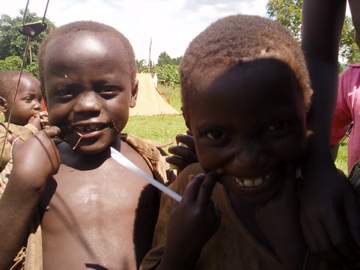 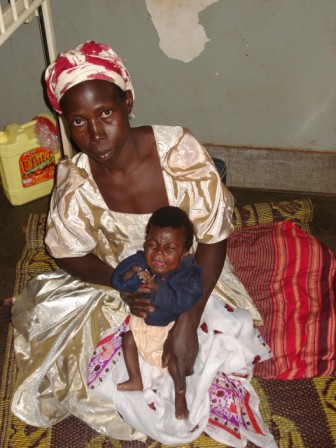
Uganda is one of the countries that has been infected and affected by HIV/AIDS and war for over 20 years. As you might imagine, this has tremendously increased the number of orphans in our country. It is estimated that in Uganda they are over 5 million orphans due to HIV/AIDS. It is expected that over the next ten years, this number it is likely to double. Many orphans are children of primary school age; these orphans have lost one or both of their parents. They usually live alone or with one or with their extended family. This means that it is not uncommon in Uganda that there is typically an orphan living with a large majority of families.
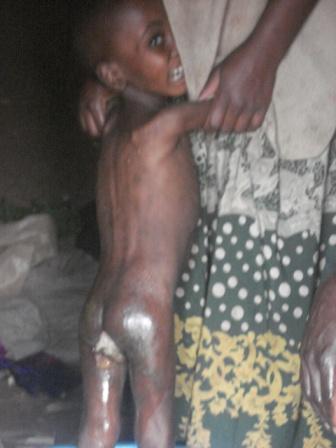 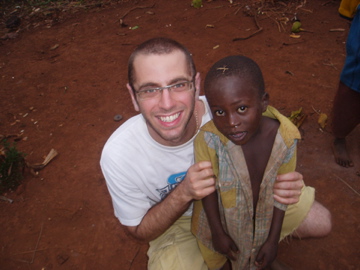 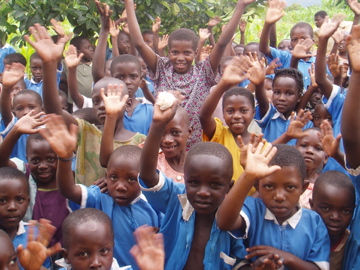
Many children have been and continue to be traumatized by the loss of their parents. In Uganda it’s the order of the day to find grandparents surrounded by a fleet of grandchildren, families headed by adolescents, dying adults being nursed by their children, and children scattered among relatives.
As a result, many people are considered to be living in poverty, and most of these people are below the age of eighteen. Poverty has a direct effect on peoples lives, as poor people have little access to health services, education, clean water and many other very important things.
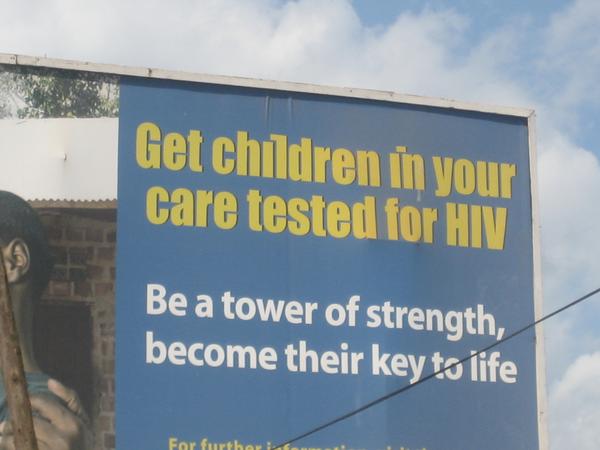
Major obstacles to child survival, development, protection and participation in Uganda include lack of food, water, shelter, health care and education. The UN convention on the Rights of Children contain rights relating to every aspect of children’s lives, including the right to survival, development, and protection and participation in choices relating to their lives.
 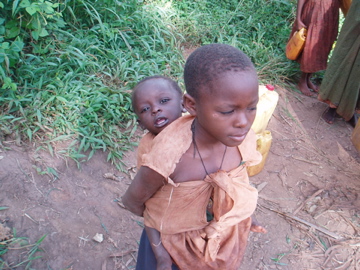 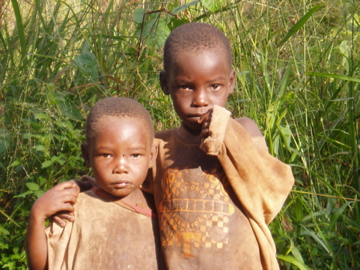
Orphans need care, including feeding, health and sanitation , vocational trainings and life skills, emotional/psychosocial support, counseling, recreation, religious support, scholastic materials, beddings, utensils, transport to health units, a roof over their head and of course education that work as a safety net in the childs life. With out supporting and empowering orphans, in the future they will live as beggars on the streets.
Primary Education
Currently, the government of Uganda has adopted a program called Universal Primary Education (UPE). UPE provides for 3 children per family to attend primary education, up to Grade Seven. However the average family size has at least 7 or more children. Also, many families take in extra children who have been orphaned or displaced.
CCALP Uganda supports primary education for children in Wakiso, Kiboga and Mukono districts, who are in need of financial help to attend school such as uniforms and supplies.
We know that it is hard to believe for many people from Western Countries, but:
One dollar a day can provide books, school supplies, uniforms, shoes, basic health care and one balanced nutritious meal a day.
Imagine what $2 a day could do for our children!
Visit our 'Volunteering' and 'Immediate Needs' pages, and then proceed to our 'Make a Donation' or 'Sponsor A Child' pages to start making a difference TODAY.
Program Director - Segawa Ephraim
Centre for Child Advocacy and Life Planning
Po Box 30600 Kampala Uganda
Tel + 256 77 2615755
mentorvolunteers@gmail.com |